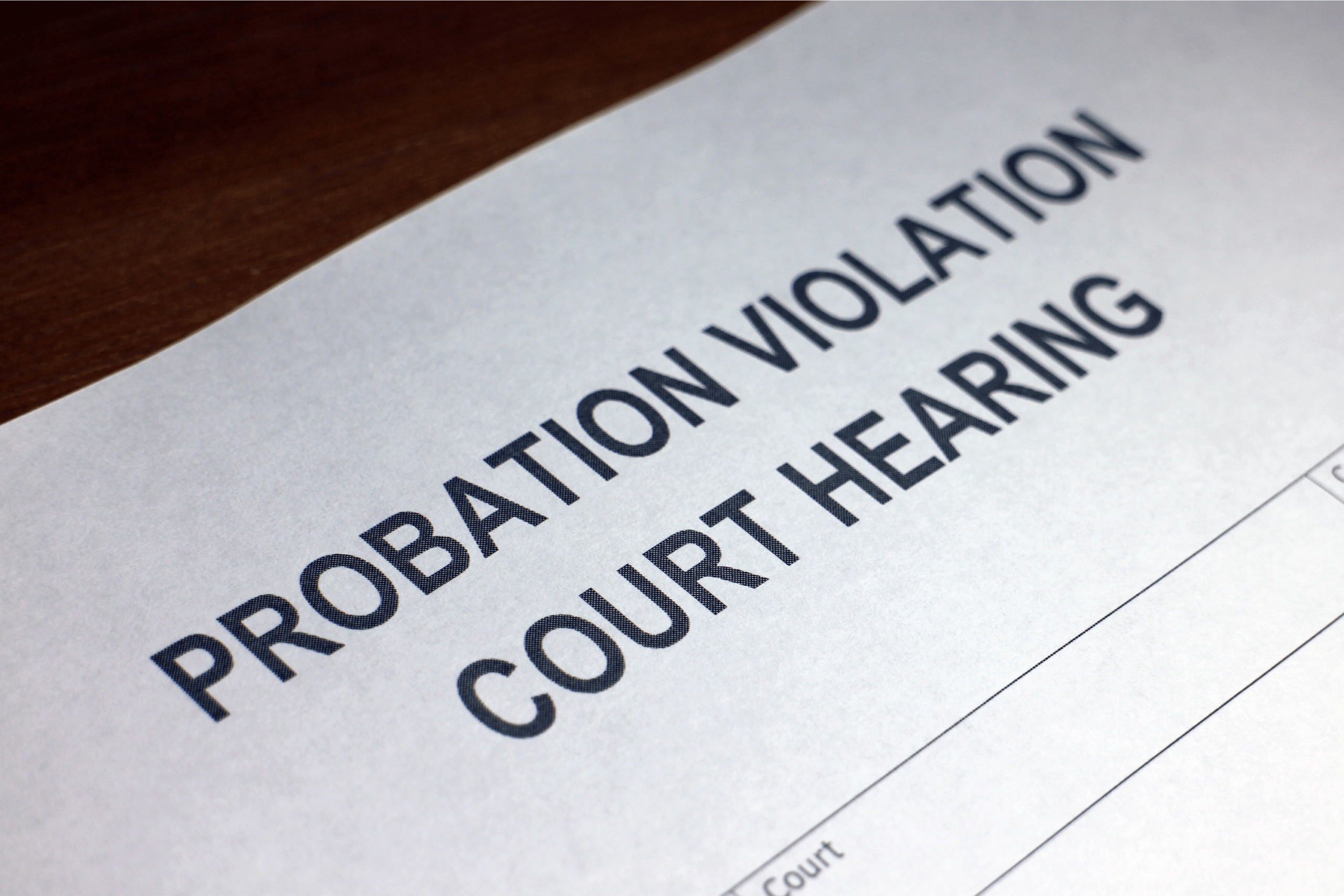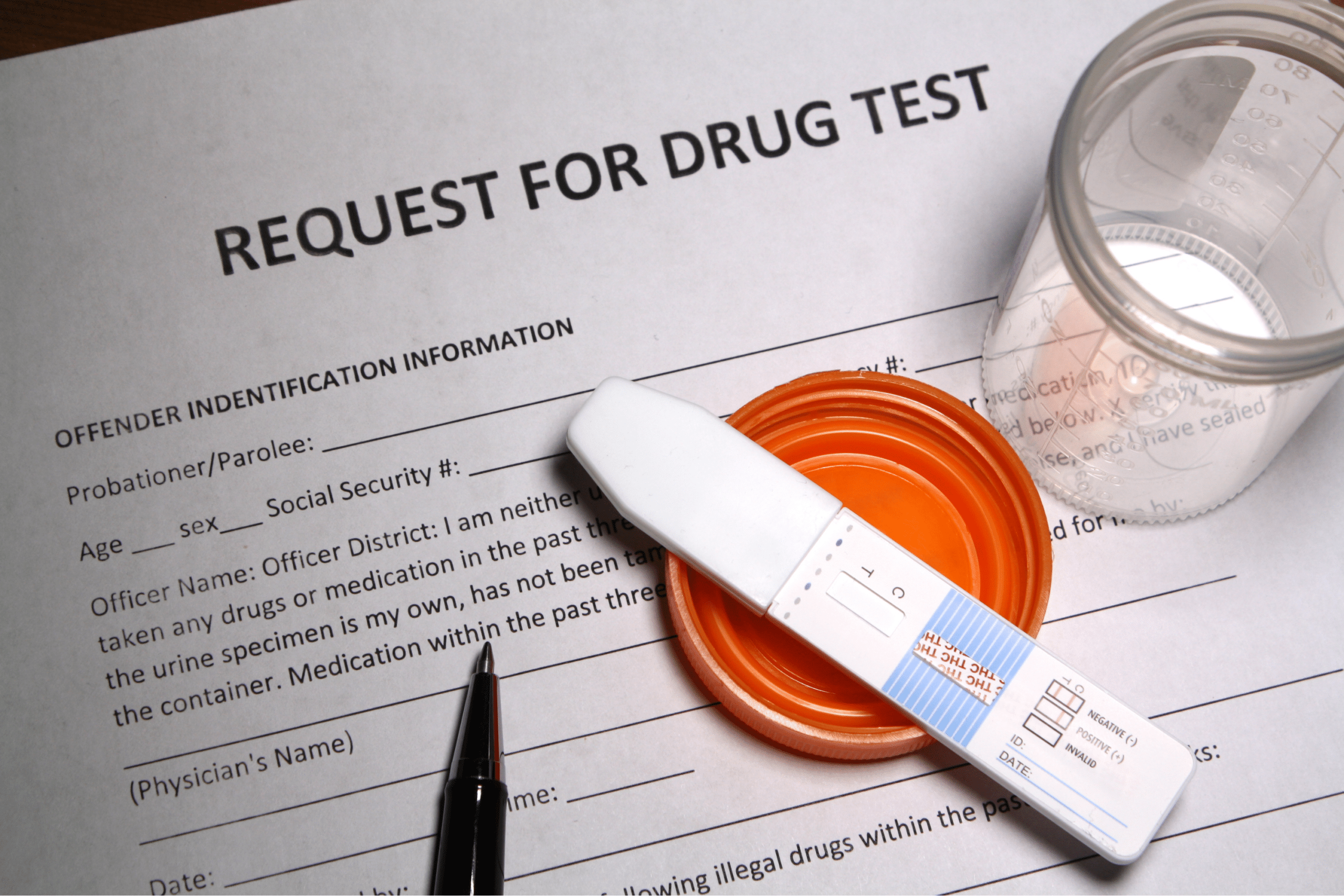Probation serves as an alternative to incarceration, allowing individuals convicted of certain offenses to remain in their communities while adhering to strict conditions. For many probationers, the most critical of these conditions is staying drug-free.
To ensure compliance, drug testing plays a pivotal role in probation violation cases. In this blog, we will delve into the significance of drug testing in probation cases, the various types of tests employed, legal requirements, and potential defenses for probationers.
The Significance of Drug Testing
Drug testing is a crucial component of probation monitoring, primarily because it aligns with the goal of rehabilitating offenders while protecting public safety. By requiring probationers to stay drug-free, the criminal justice system can address substance abuse issues, reduce recidivism rates, and maintain the security of communities.
The significance of drug testing in probation cases can be summarized in the following points:
Deterrence: Knowing that they will be regularly tested for drugs, probationers are discouraged from using illegal substances. This acts as a deterrent, helping to reduce drug-related offenses.
Treatment and Rehabilitation: When probationers test positive for drugs, it provides an opportunity to identify and address substance abuse issues. The court can then offer rehabilitation programs, helping individuals overcome addiction and reintegrate into society.
Public Safety: Ensuring probationers are drug-free minimizes the risk they pose to the community. This is especially vital for cases where the offender may have committed a drug-related crime.
Types of Drug Tests
Probation departments employ various drug testing methods to monitor probationers’ compliance. The choice of the test may depend on factors such as cost, accuracy, and the severity of the offense. The most common types of drug tests in probation cases include:
Urine Tests: Urinalysis is the most widely used drug test for probationers. It can detect a wide range of drugs and their metabolites. Probationers are often required to provide random urine samples, which are then analyzed for the presence of drugs.
Breath Tests: For probationers with a history of alcohol-related offenses, breathalyzer tests may be required to monitor alcohol consumption.
Hair Tests: Hair follicle tests have a longer detection window than urine tests. They can reveal drug use over an extended period, making them valuable for long-term probation cases.
Sweat Patch Tests: These adhesive patches worn on the skin collect sweat, which can be analyzed for drug metabolites over an extended period.
Oral Fluid Tests: This involves collecting saliva samples, which can detect recent drug use.
Legal Requirements and Probation Violation
Probation drug testing is subject to legal requirements to ensure fairness and protect probationers’ rights. Probationers are typically made aware of these requirements as part of their probation terms. Some essential legal aspects to consider in probation drug testing include:
Reasonable Suspicion: Probation officers must have reasonable suspicion to request a drug test. This suspicion can arise from factors like erratic behavior or information from informants.
Scheduled Testing: Probationers are often informed of their testing schedule in advance. Random testing, however, can also be employed to deter drug use effectively.
Notification: Probationers must be provided with clear instructions on where and when to report for drug testing. Failure to adhere to these instructions may be considered a probation violation.
Potential Defenses
Probationers may find themselves in challenging situations, facing potential violations due to a positive drug test. However, they have certain defenses they can employ, such as:
False Positive: A positive drug test result may not always be accurate. Various factors, such as cross-reactivity with over-the-counter medications or lab errors, could lead to false positives. Probationers can request a retest to confirm the result’s accuracy.
Prescription Medication: If a probationer is taking prescription medication that may result in a positive drug test, they should provide documentation from their healthcare provider to justify their drug use.
Treatment Compliance: Demonstrating active participation in drug treatment or rehabilitation programs can serve as a defense against probation violation, showing the probationer’s commitment to overcoming their substance abuse issues.
Minneapolis Drug Testing & Probation Violations
Drug testing in probation violation cases serves a crucial role in ensuring that probationers remain drug-free while they work toward rehabilitation and reintegration into society. It acts as a deterrent, aids in treatment and rehabilitation, and maintains public safety.
Understanding the types of drug tests, legal requirements, and potential defenses can help probationers navigate their probation period successfully and avoid potential violations. Ultimately, drug testing in probation cases is a tool that aims to balance the interests of rehabilitation and public safety while providing support for individuals on the path to recovery.
About the Author:
Christopher Keyser is an AV-Preeminent rated criminal and DWI defense attorney based in Minneapolis who is known for fighting aggressively for his clients and utilizing innovative tactics to get the most positive results. He has been featured in numerous media outlets due to the breadth and depth of his knowledge and has been named a Certified Specialist in Criminal Law by the Minnesota Bar Association. Mr. Keyser is Lead Counsel rated, and he has received recognition for his criminal law work from Avvo, Expertise, and Super Lawyers.







